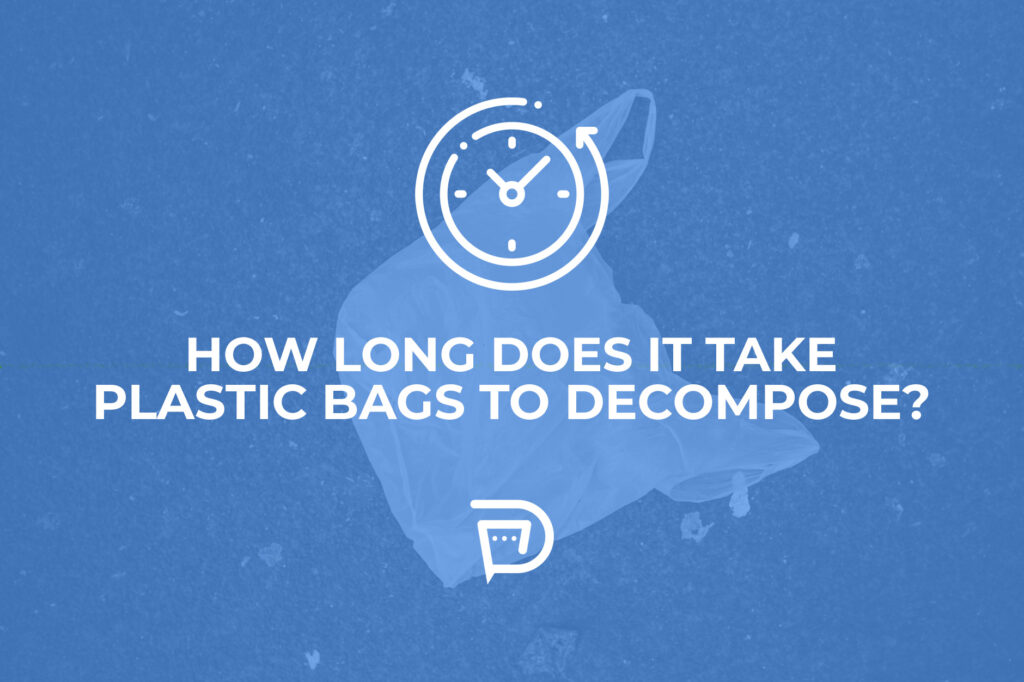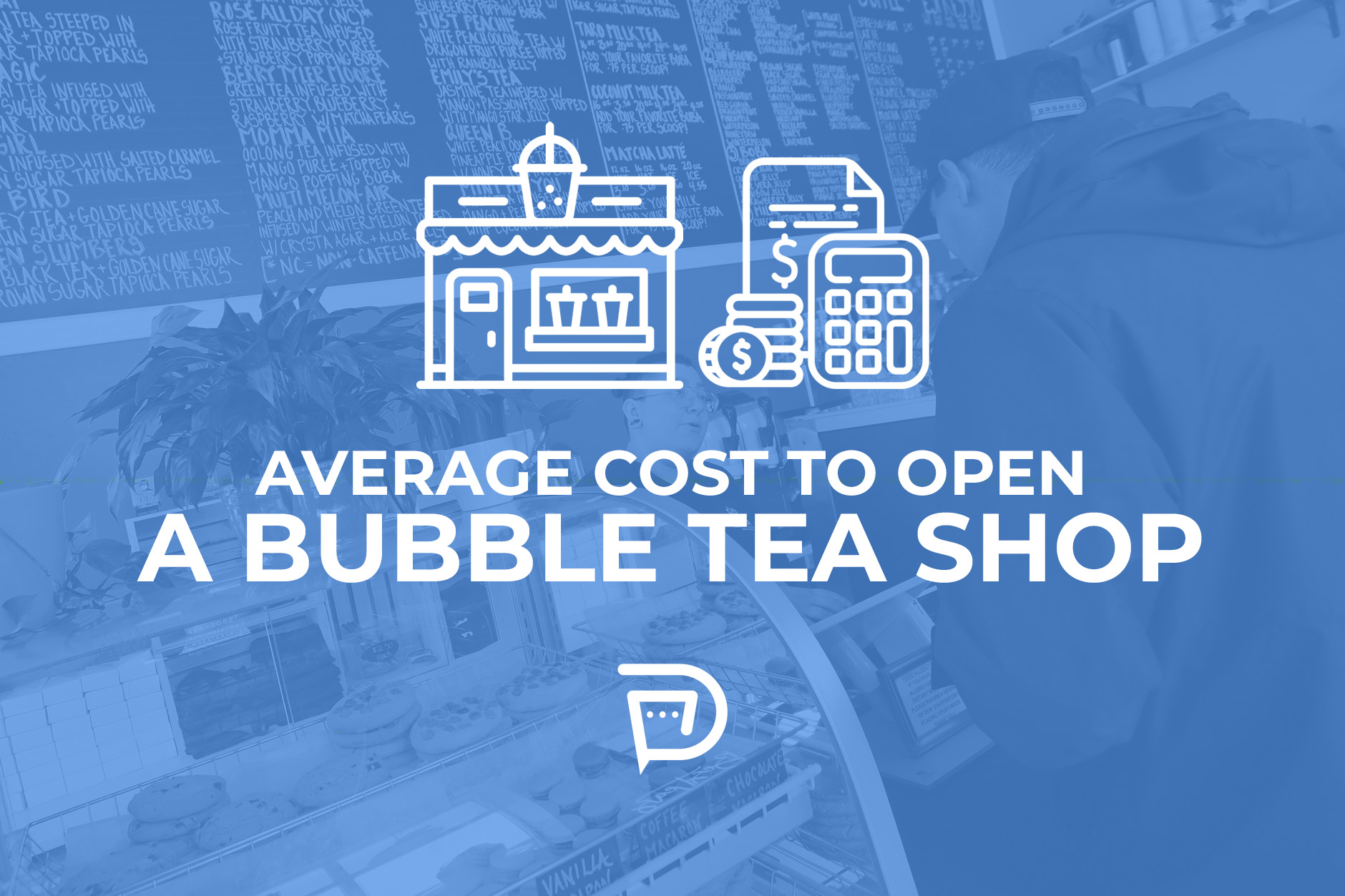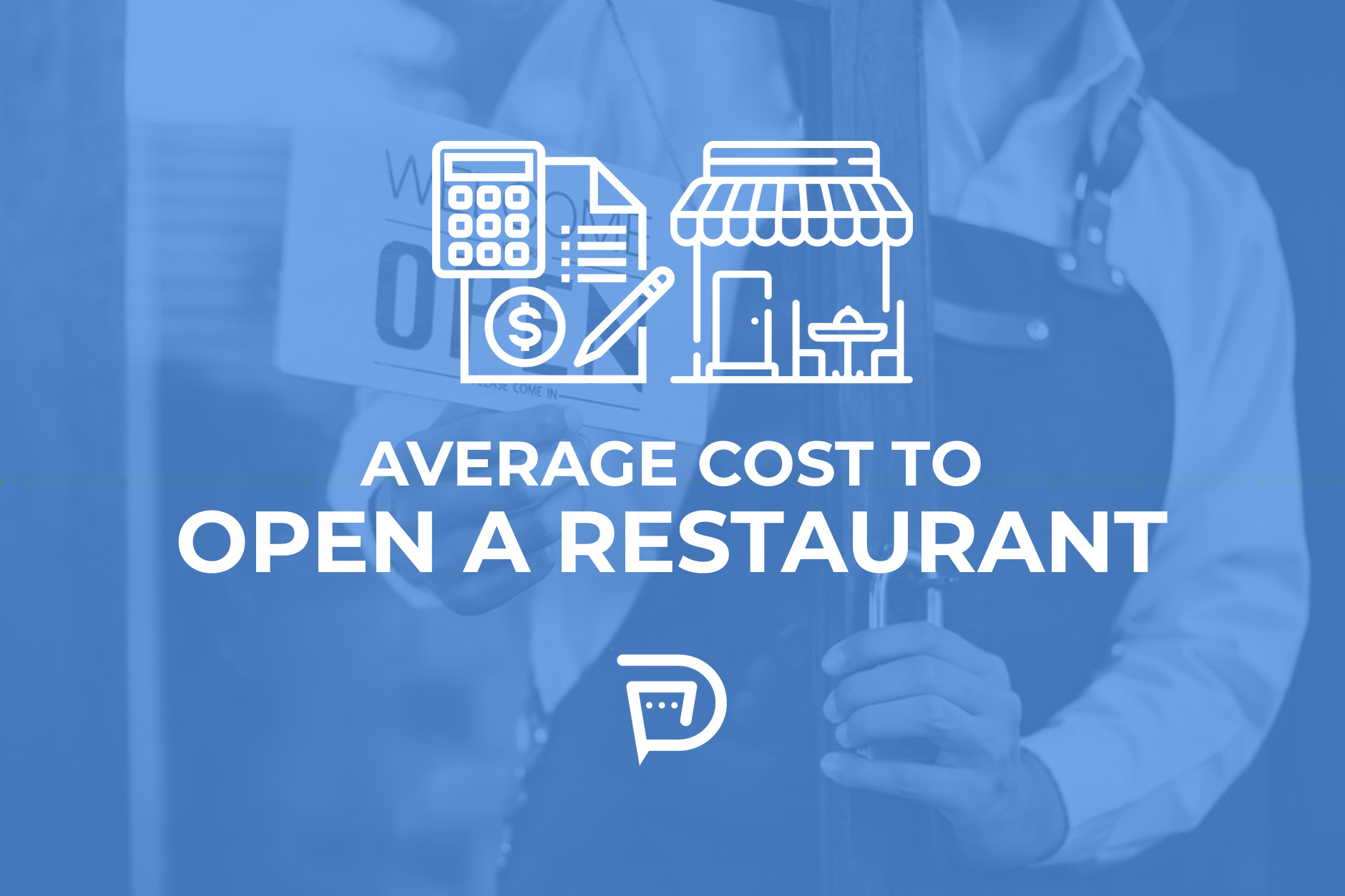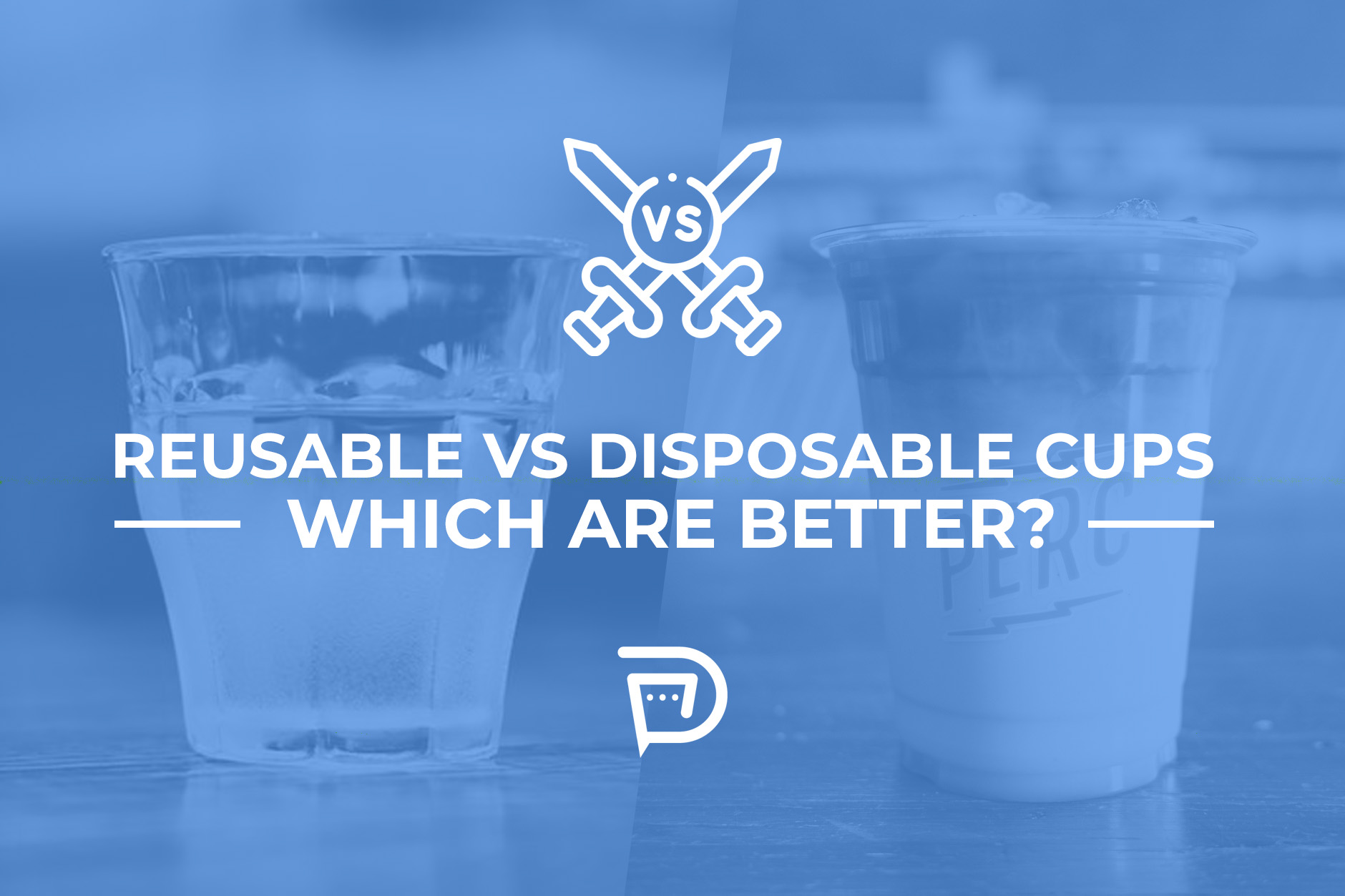On average, Americans use 365 single-use plastic bags each year. This adds to the more than 5 trillion plastic bags used worldwide annually. While plastic bags are convenient, they aren’t necessarily environmentally friendly.
Research shows that plastic bags don’t ever really decompose. Instead, they break down over a period of 20 to 1,000 years – releasing chemicals into our environment. It is possible to recycle plastic bags, but not every recycling center accepts them. A better alternative for many food service businesses is high-quality paper bags that can be printed with your business name and logo.
Based in Michigan, Disposable Design sells promotional products to restaurants, food trucks, coffee shops, cafes, and other independently owned and operated businesses throughout the United States. Our paper bags are perfect for takeout – and are a great option for any business that either doesn’t want to use plastic bags or operates in a location with a plastic bag ban. Reach out today to talk to a member of our branding team about our full range of premium disposable products for your business.
The Average Time It Takes for a Plastic Bag to Decompose
Plastic bags are made from thin, flexible sheets of plastic known as film. They are typically made from either high-density polyethylene (HDPE, coded as resin #2) or low-density polyethylene (LDPE, or resin #4). Both types of plastic are made from crude oil or cracked natural gas.
To make plastic bags, little pellets of HDPE or LDPE are melted into a uniform liquid. This liquid is then extruded through a round, circular die. The plastic then enters a cooling cylinder to shape and form it (like inflating a large balloon). Specialized equipment presses the sides of the bag together and eliminates any imperfections in the plastic film.
Most single-use plastic bags are incredibly thin. A bag commonly used for takeout or groceries may be as thin as ½ to ¾ millimeters in thickness. Sturdier bags – such as those used at retail stores for things like clothes – may be up to 2 millimeters thick.
Unfortunately, even thin plastic bags can take decades to decompose. On average, it can take 20 years for a plastic bag to break down. Shockingly, some studies have found that it can take as long as 1,000 years for a plastic bag to decompose.
Why Plastic Bags Take So Long To Break Down
Plastic bags take so long to break down because they don’t exactly decompose. Instead, they photo-degrade, becoming microplastics that can damage the environment. Chemicals that leach from plastic bags can impair microorganisms that help the environment. These chemicals can also affect humans directly when they get into the water, causing issues such as cancer, birth defects, and immune system suppression.
The fact that plastic bags don’t really decompose – and that it can take decades or as long as 1,000 years for them to break down – has inspired plastic bag bans in many cities, states, and countries. Fortunately, there are some more ecologically friendly alternatives for businesses.
Is There a More Environmentally Friendly Alternative to Plastic Bags?
As a consumer, you may have gotten used to storing reusable bags in your vehicle for trips to the grocery store. Reusable bags are a great way to reduce your environmental footprint and for there to simply be less plastic in the environment.
As a business owner, however, the choice is a bit different. When you sell products – whether it be cookies at a bakery or takeout Chinese food – you need to package them appropriately so that customers can take your products home safely. This generally means using some type of bag.
Paper bags are a great alternative to plastic bags. While they do take more resources to manufacture, they are both recyclable and biodegradable (as long as they don’t include a wax or plastic lining). Whether your customers reuse the bags, throw them in the garbage, or recycle them, these bags won’t leach harmful chemicals or release microplastics into the environment.
Compared to the 20 to 1,000 years that it takes for a plastic bag to break down, a paper bag will decompose in as little as 4 to 6 weeks. From an environmental perspective, the choice is clear – paper bags are better than plastic bags. This is particularly true given the reality that your customers won’t always make the ideal choice of reusing plastic bags or attempting to recycle them.
Of course, there are other benefits to using custom paper bags over plastic bags. Paper bags are more aesthetic than plastic bags and connote somewhat of a sense of luxury. It’s also far easier to print your business name and logo on a paper bag, which means that instead of a thin, cheap-looking plastic bag with generic red lettering, you can have a clean, attractive-looking paper bag with your branding on it.
Ultimately, there are a lot of benefits to using paper bags instead of plastic bags – particularly when it comes to the environment. If you’re deciding between the two for your business, consider our custom paper bags for takeout and more.
Choose Custom Paper Bags from Disposable Design
It can take a lifetime for a single plastic bag to decompose – and when it does, it releases toxic chemicals into the environment. Paper bags not only look better than plastic, but they are also better for the environment. It is also far easier to print your restaurant’s name and logo onto a paper bag.
At Disposable Design, we sell a full range of custom disposable products, including paper bags, compostable cups, custom napkins, and more. All of our products are sold in smaller quantities and at fair prices. This makes it both easy and affordable for smaller businesses to not only buy but to store our promotional products.
To learn more about our custom paper bags or to talk to a member of our branding team, fill out our online contact form or hit the live chat button at the bottom of the screen.





